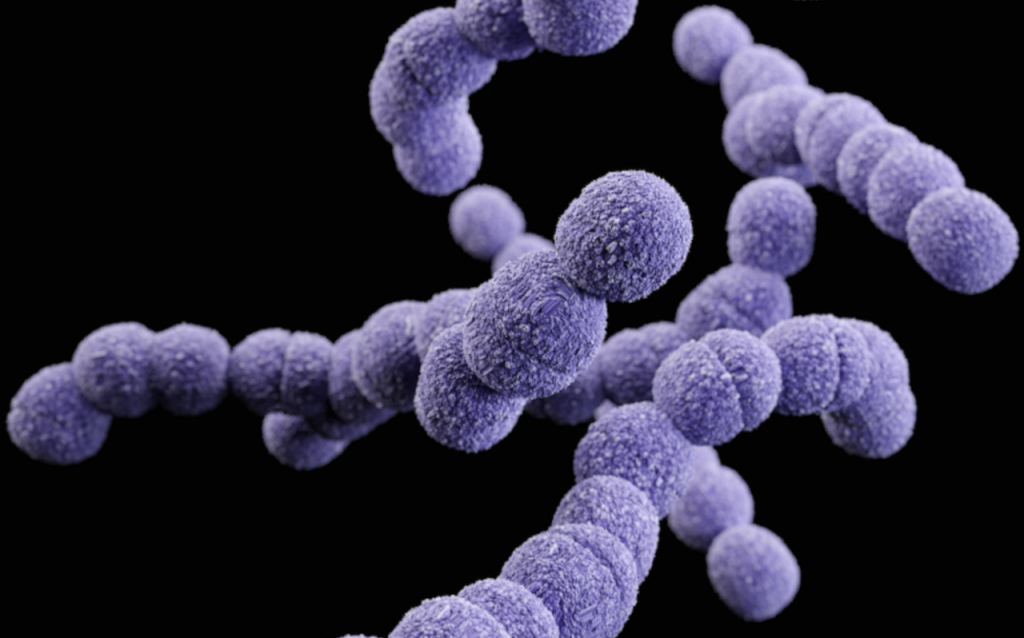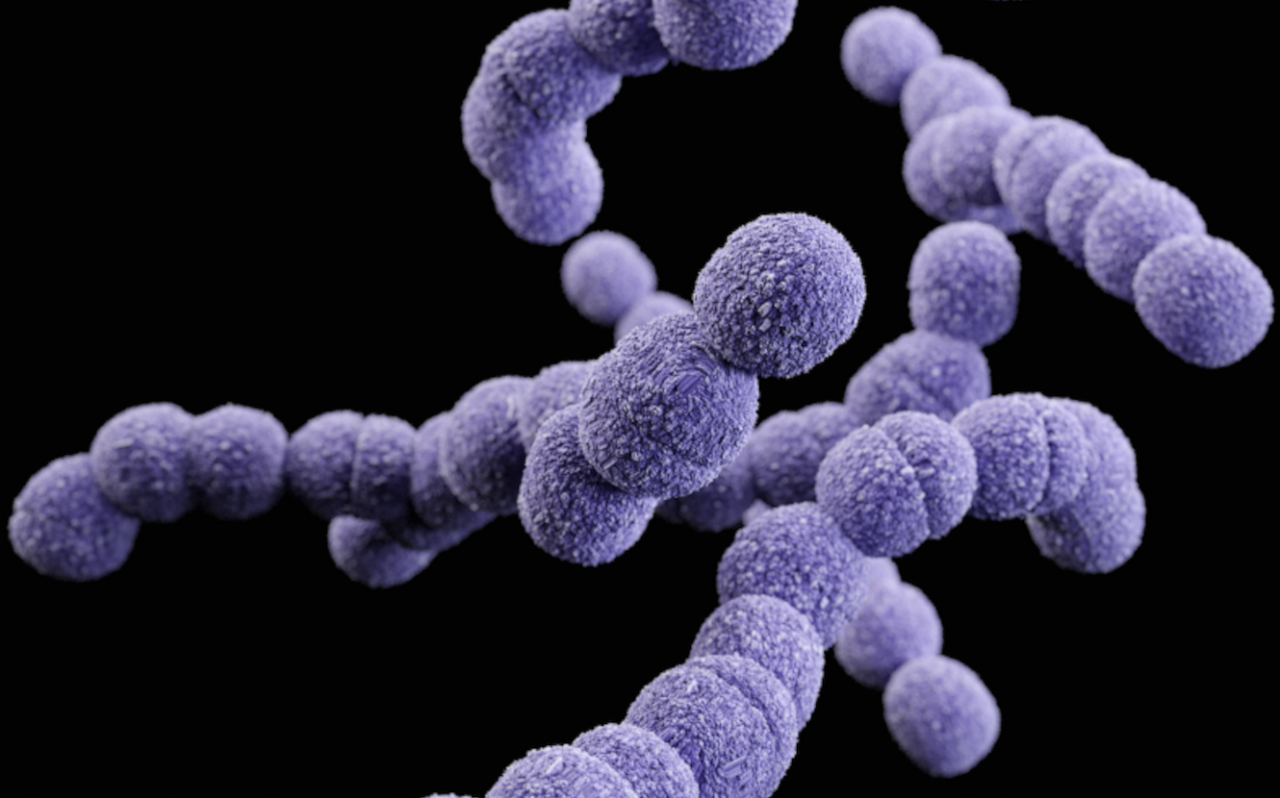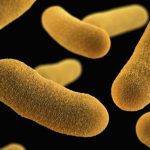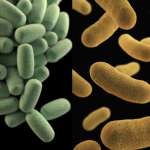This is the most diverse phylum of bacteria known to the scientific community and can be found in extreme environments ranging from geysers to icebergs. Many known pathogens, such as those that cause salmonella, meningitis, chlamydia, and Legionnaires’ disease, are members of this family.
But they are not all bad people! Other members of the group give the squid a unique bioluminescence, protecting them from predators.
In the dog’s gut, these bacteria are most common in the puppy’s gut. After dogs reach nine weeks of age, their numbers tend to decrease.
Quick Fact:
- Proteobacteria are not as abundant as the Firmicutes and Bacteroides, but have the largest variety of genes, which allows them to perform many different functions in the gut.
- Some members of this group can be harmful to dogs, such as some members of the Enterobacteriaceae family, which thrive at the expense of beneficial bacteria in their gut.
- Dogs with chronic intestinal diseases were found to have high levels of proteobacteria in their guts.
This gate thrives on dogs that eat raw meat and tends to decrease when dogs eat more fiber.
Rich in a variety of digestible proteins, dietary fiber, and other nutrients, Stay’s unique recipe is specifically designed to feed different beneficial bacteria in your dog’s gut and maintain a healthy balance between the five common phyla.
Our biofeedback process and seasonal microbiome exams allow us to understand how nutrients affect this delicate balance, as well as the specific important bacteria in each phylum, and ensure that your dog’s food meets the needs of the beneficial bacteria in your gut.



